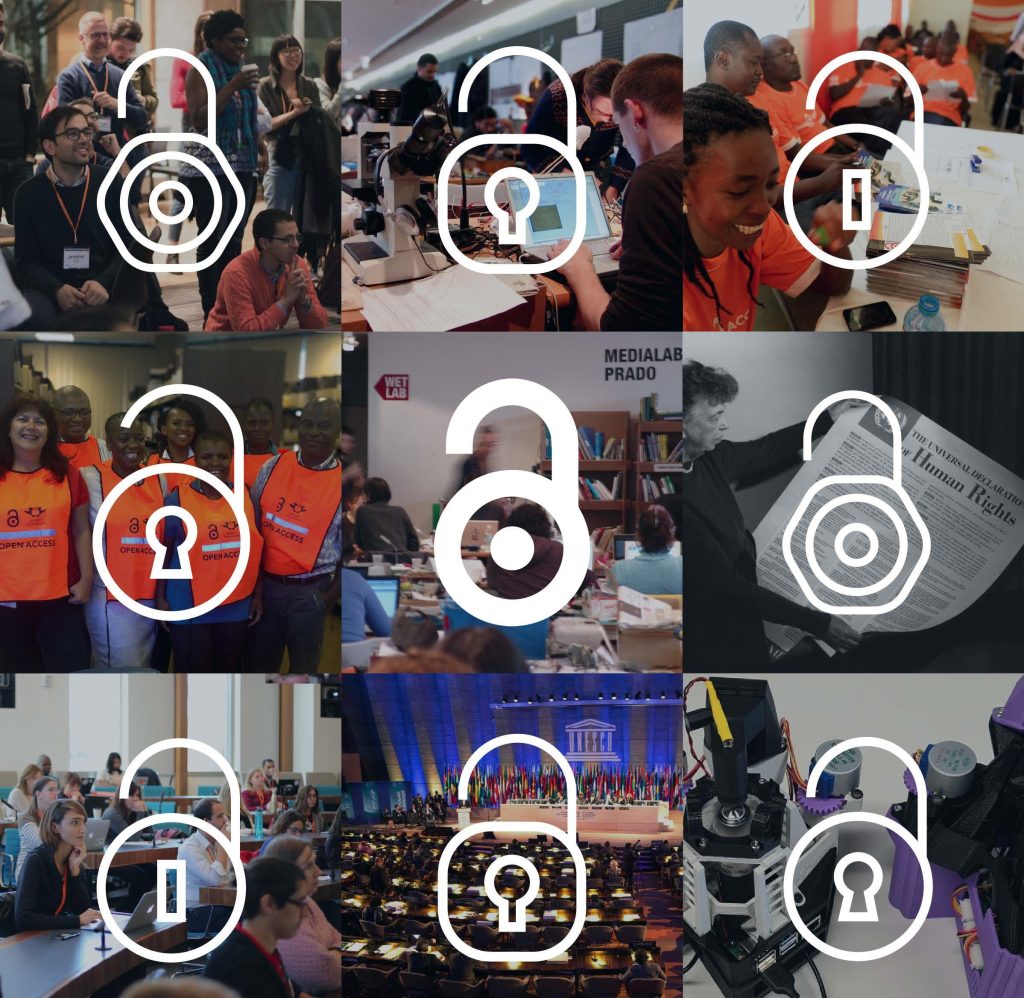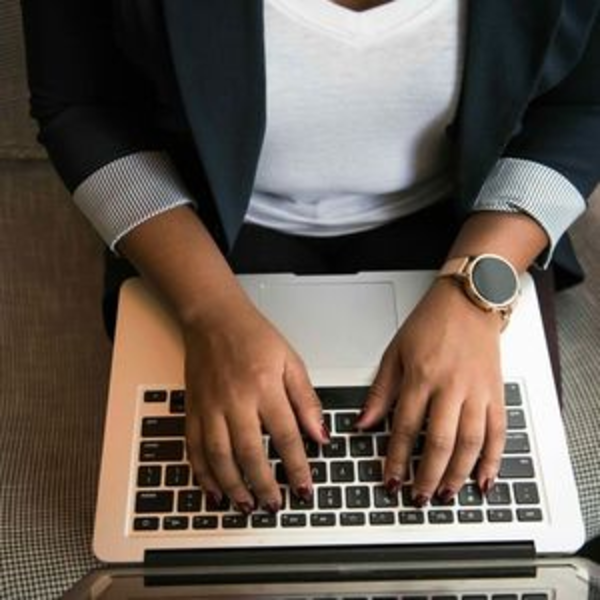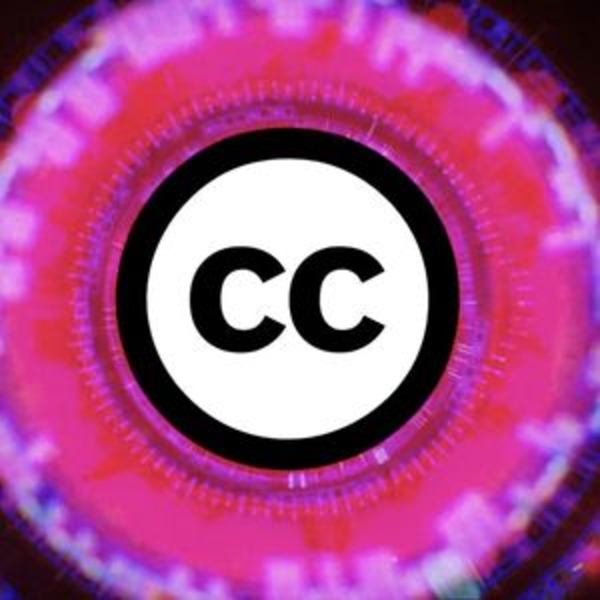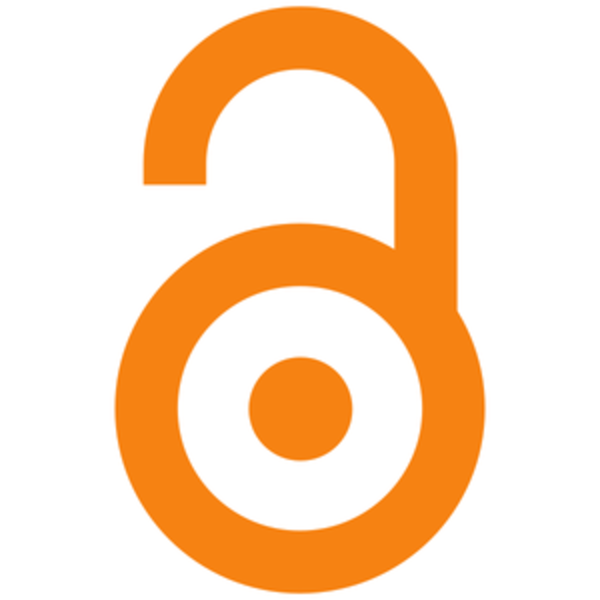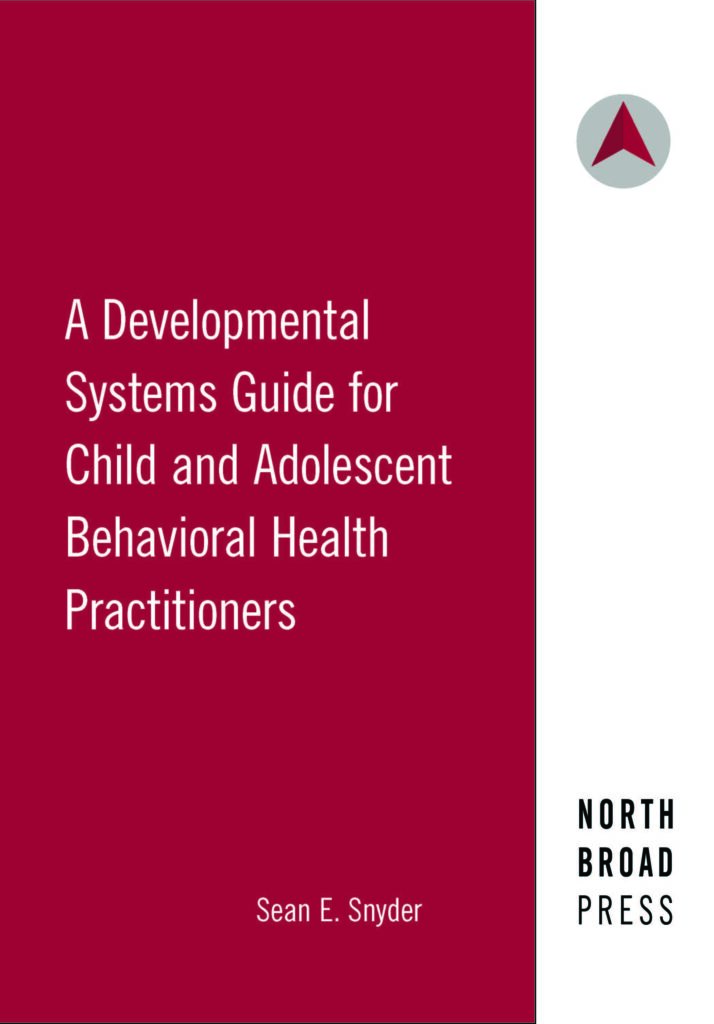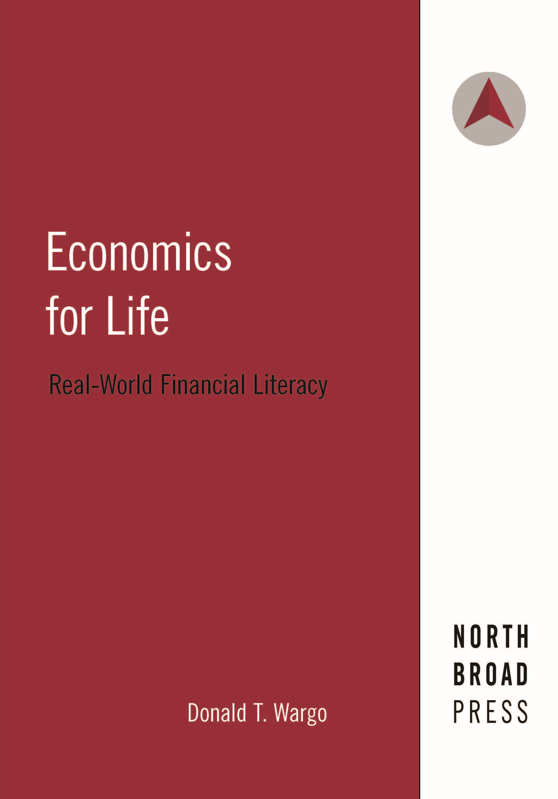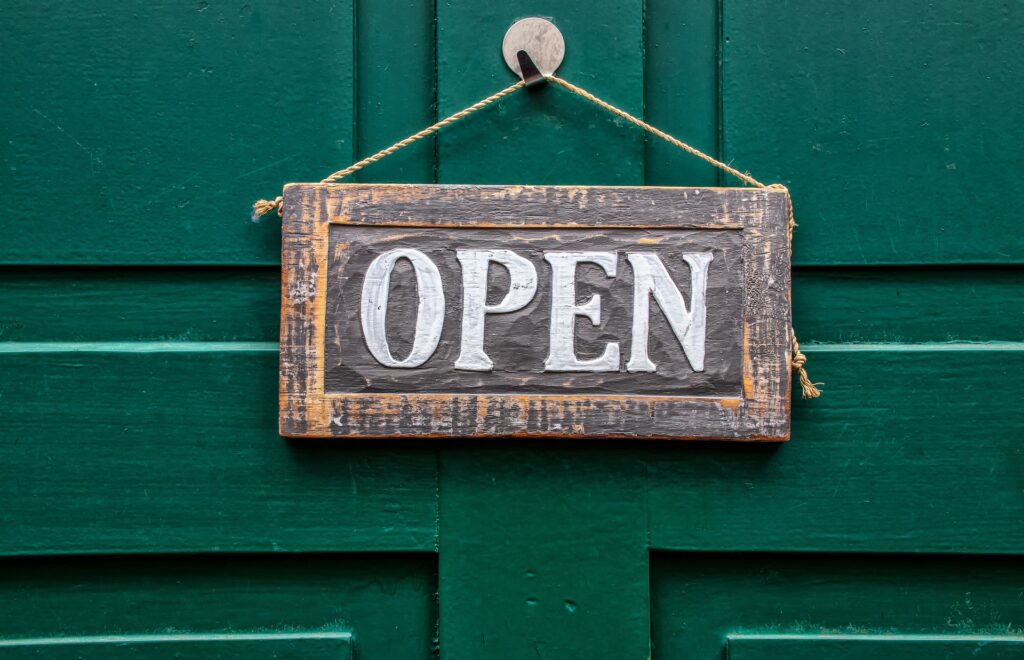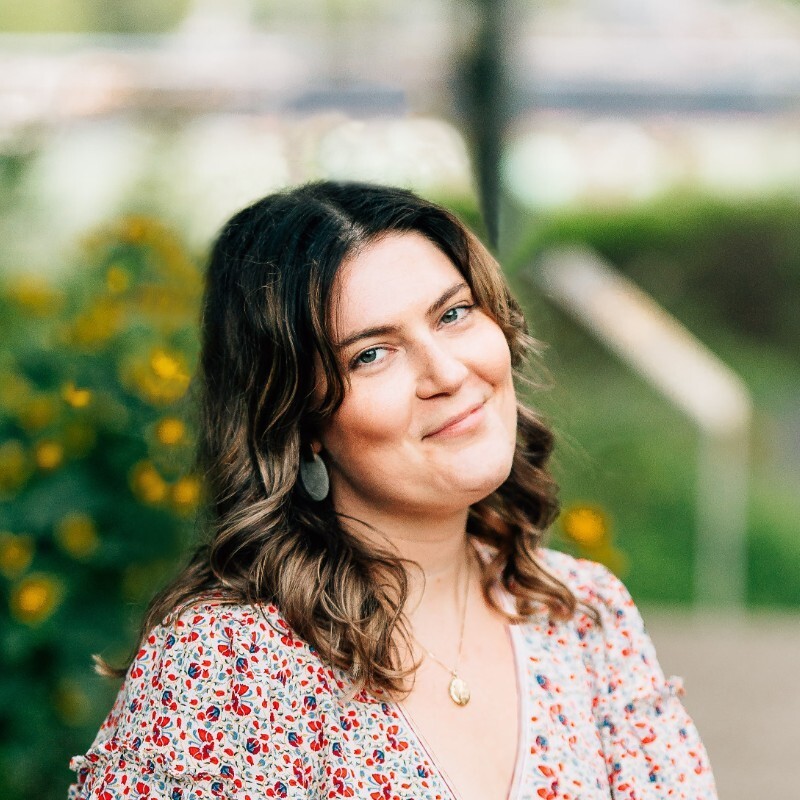Happy Open Education Week! During this week, we celebrate and advocate for open educational resources. Open educational resources (also called OER) are defined by SPARC as “teaching, learning, and research resources that are free of cost and access barriers, which also carry legal permission for open use.” These teaching and learning materials — like videos, slide decks, podcasts, worksheets, and textbooks — are free to access, use, share, and modify in the digital environment without copyright concerns because their creators have given others permission to do so.
Why are open educational resources so important? For students, their biggest appeal is they are zero or low cost. Open textbooks can save students hundreds of dollars each semester. For faculty, OER offer an opportunity to craft course materials that are highly relevant, current, and meaningful for their discipline. In addition to remixing and modifying existing materials, faculty can create new materials or textbooks.
Temple University Libraries and University Press’s joint imprint North Broad Press provides Temple faculty with an opportunity to author their own open textbook or other digital project. All North Broad Press titles are peer reviewed and freely available online. Check out a list of 14 open educational resources in progress.
To learn more about why Temple faculty are driven to author an open textbook with North Borad Press, we spoke with Michael O’Hara, Associate Professor of Instruction in the Doctor of Physical Therapy program in the College of Public Health at Temple. He and his co-author Jacqueline Phillips, Associate Clinical Professor in the Health Sciences department of the College of Nursing and Health Professions at Drexel University, recently published a new open textbook, Hands-on Anatomy, which provides comprehensive anatomical information with a focus on how to palpate structures in real-world clinical situations.
Why did you choose to write Hands-on Anatomy as an open textbook?
The costs associated with pursuing a degree in higher education can present several barriers to students. Instead of purchasing required course materials, students may opt for more financially reasonable resources or forgo materials, such as course textbooks, all together. Who could blame them? Human anatomy is a course that serves as the cornerstone for all healthcare professionals and may require ongoing study to best prepare for future clinical practice. Co-author, Jacquie Phillips, and I wanted to provide students with a valuable resource that could not only serve as a valuable introductory textbook to the human body but do so without students’ hesitation for taking on the costs.
What role did students play in the project?
Healthcare professionals need to be prepared for meeting the clinical needs of patients of all body types. It has been well-described in literature on human anatomy education that models used to present visuospatial relationships of the body, such as structures for surface palpation, tends to lack the diversity of patients commonly encountered in clinical practice. For this textbook, we wanted to celebrate the diversity of our student body by presenting models of all individuals of gender, race, and body type. Our intent is to not only improve the learning experience for students but make the content more approachable by learning from individuals that may share similar characteristics as the reader.
Tell us about the process of publishing this textbook with North Broad Press, the joint open access imprint of the Libraries and Temple University Press.
Putting together a textbook is not a casual undertaking – but having a fantastic support network to navigate this process made the creation of Hands-on Anatomy that much easier. The team at North Broad Press was there every step of the way to provide guidance, feedback, and solutions to make this textbook the best that it can be.
You chose a Creative Commons license for your textbook. Were you familiar with Creative Commons prior to this project?
My understanding of Creative Commons licenses for textbooks was fairly superficial prior to beginning this project. Over the time in developing this textbook, I not only learned more about the value of Creative Commons licenses but garnered a better appreciation for the importance of sharing materials.
What advice would you offer faculty who might be considering authoring an open textbook?
The advice I would give faculty considering authoring an open textbook is to recognize this process is a marathon, not a sprint! Putting together daily, weekly, and monthly objectives allowed Jacquie and I to take on this textbook one page, one section, and one chapter at a time. By being consistent and chipping away little by little focuses on progress, not perfection, and before long – you will have a full textbook ready to go.
Thank you, Mike!
If you feel inspired to create an OER, Temple Libraries can support you! For more information about OER, visit our Open Educational Practices guide. Contact your subject librarian if you want help locating and implementing OER in your courses.
If you’re interested in writing your own open textbook, contact Mary Rose Muccie (maryrose.muccie@temple.edu) and Alicia Pucci (alicia.pucci@temple.edu) for more information.


